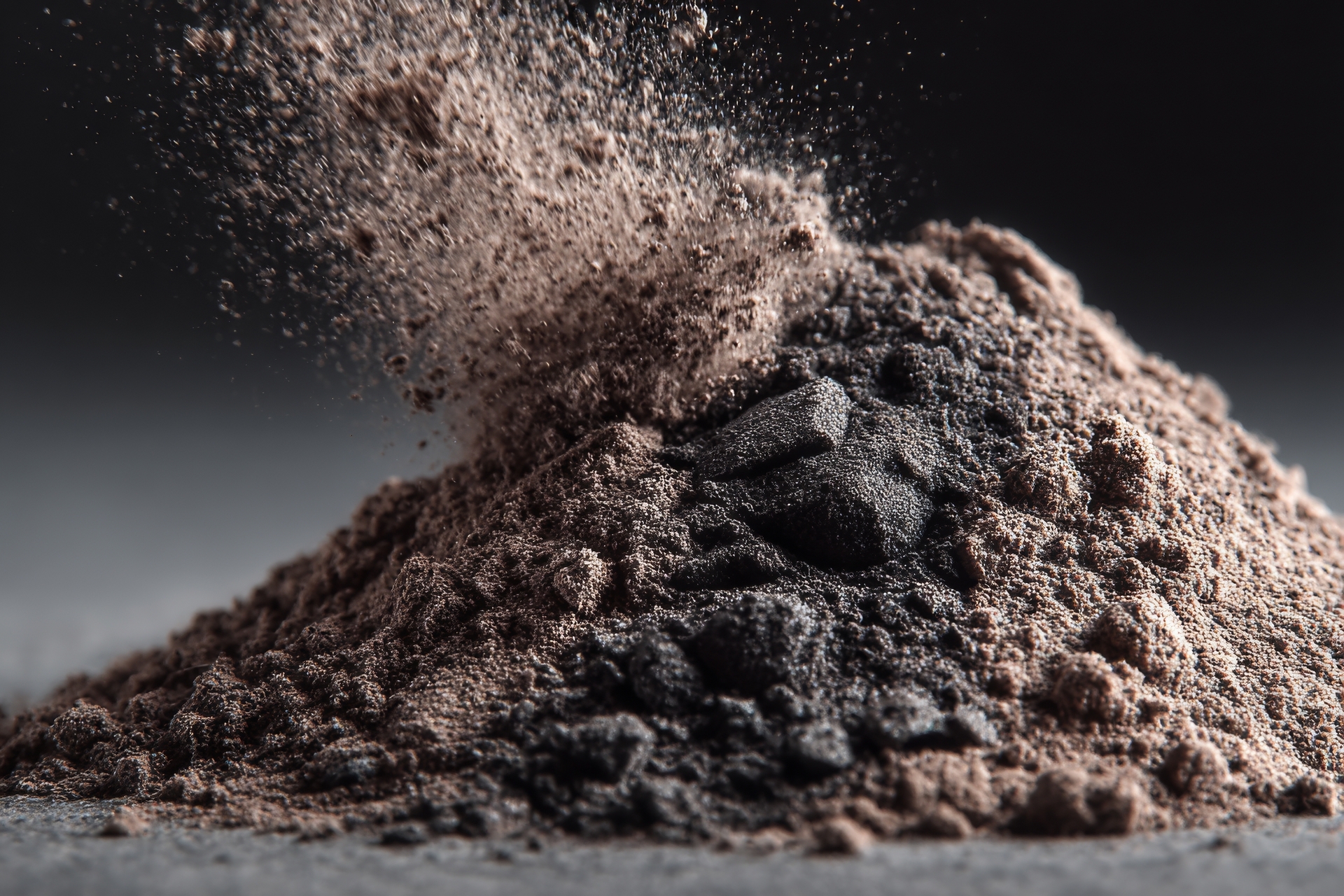Transforming end-of-life tires into useful industrial materials.
Used tires produce noxious gases as they burn, and they can cause fires that are hard to manage, leading to accidents.
Tires left to decompose release harmful gases, leachate, and pests polluting water sources and farmland for generations.
Used tires contain non-biodegradable materials, like rubber and chemicals, and take up significant space in landfills.
The production of carbon black from discarded tires emits large amounts of CO2 while heavily consuming fossil fuel and water.

Carbon black, which makes up nearly one-third of every tire, remains the most difficult material to recover effectively in the recycling process. Most existing tire-recycling methods such as shredding, burning, or basic pyrolysis, reduce waste but fail to account for air pollution nor extract consistent, high-quality raw materials, like recovered carbon black (rCB) or pyrolysis oil. The resulting outputs are often degraded, contaminated, or unsuitable for reuse at an industrial scale.
Because of these limitations, most recycled carbon black ends up in low-value applications such as asphalt or plastics. This dependence prevents the tire industry from reducing its reliance on virgin carbon black, while slowing progress toward a truly circular economy.
Black Pearl’s controlled, multi-zone process and purification deliver recovered carbon black with low ash, stable chemistry, and consistent structure for high-performance use.
Tests confirm Black Pearl rCB can replace virgin grades like N550 and N660, matching strength, hardness, and curing performance with up to 100% substitution potential.
Reliable rCB turns old tires into feedstock for new ones, allowing tire manufacturers to reduce fossil use, cut emissions, and advance a new paradigm for a truly circular industry.

Achieved 100% substitution of N660 carbon black with Black Pearl rCB in SBR-1502 rubber and agricultural tire carcass compounds (FB-6313R). Comparative testing against standard CB confirmed similar cure and physical properties.



Two Black Pearl rCB samples were tested in SBR-1502 compounds against N660. The results showed mechanical performance within the N660 ranges, confirming the fillers’ suitability as direct substitutes in rubber applications.

Substituted 50% of N550 carbon black with Black Pearl rCB in passenger car tire carcass compounds. Both raw rheological and vulcanized rubber mechanical tests demonstrated nearly identical performance in multiple test scenarios.


Replaced 50% of standard N550 carbon black with recovered Black Pearl rCB in hermetic layers, sidewalls, and tire carcasses showing comparable rheological properties and mechanical performance of vulcanized rubber.
